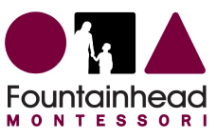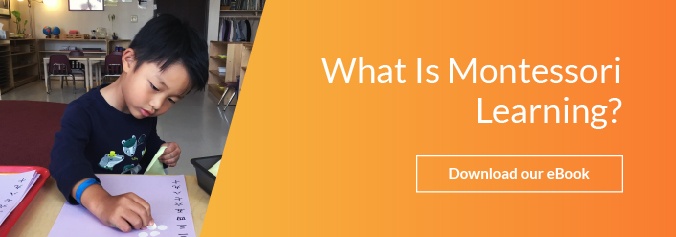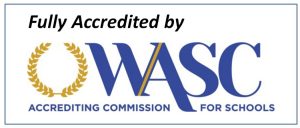Montessori education is a type of educational approach based on the work of Italian educator Maria Montessori. The Montessori method is characterized by an emphasis on self-directed learning and hands-on experience.
Montessori education is often praised for encouraging young children's independence, creativity, and critical thinking. In addition, some research has shown that Montessori education can improve children's academic performance and social skills.
Origins of Montessori
In the late 1800s, Maria Montessori, Italy’s first female doctor, began to develop her educational philosophy and methods. She based her work on the observation of children’s natural tendencies to absorb information and learn from their environment. Montessori observed that children naturally want to learn and are motivated by their curiosity. As a result, the Montessori method spread throughout Europe and the United States in the early 1900s. Today, there are more than 22,000 Montessori schools in over 110 countries.
The Montessori method
The Montessori method is a child-centered educational approach that is based on self-directed activity, hands-on learning, and collaborative play.
The Montessori method is based on the belief that children are naturally curious and creative and learn best when they can explore their interests at their own pace. Therefore, the Montessori classroom is designed to promote independence, cooperation, and exploration. In Montessori classrooms, children are free to move about, choose their own activities and work at their own pace.
The Montessori method has been shown to be effective in promoting academic, social, and emotional development in children. The success of the Montessori method lies in its ability to meet the needs of each individual child.
Pros of Montessori education
-
There are many benefits to Montessori education. One of the biggest advantages is that it allows children to learn at their own pace. They are not held back by the rest of the class, and they can move on to more difficult material when they are ready. This makes for a more customized learning experience that can better meet each child’s needs.
-
Another key benefit of Montessori education is that it emphasizes hands-on learning. This helps children to better understand and retain what they are learning. It also allows them to apply what they have learned in a concrete way, which can make the material more meaningful for them.
-
One of the benefits of Montessori education is that it helps children learn how to think critically. This skill is essential for success in school and in life, as it allows children to ask questions, solve problems, and make decisions.
-
Montessori education also fosters a love of learning in children. Because they are encouraged to explore their interests and learn at their own pace, children develop a true passion for knowledge. This love of learning often leads to academic success later in life.
Attaining a fantastic education early in life is proven to be of immeasurable value. So is Is Montessori a good option for early education? Absolutely! Hands-on learning, mixed age groups, student-directed learning: what is there not to love? Many parents are choosing to send their children to private schools for early education, and Fountainhead Montessori can provide your child with the tools they need for future success. Call today for a tour.












Let us know what you think about this post
Put your Comment Below: